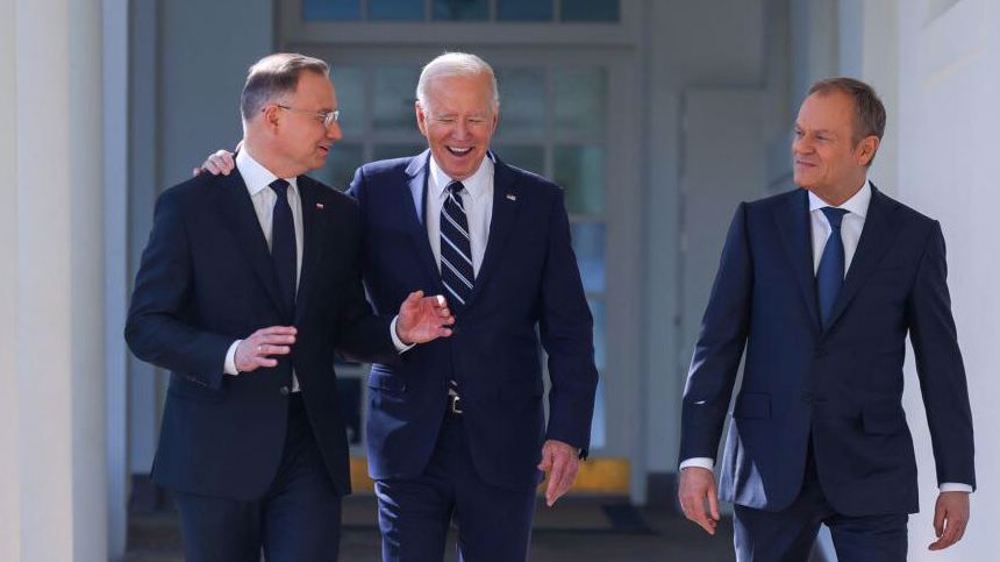Euro weakens as Greece-EU debt talks end inconclusively
The official currency of the eurozone has suffered the adverse effects of abortive attempts by Greece and its European creditors to reconstruct the debt-ridden country’s bailout deal.
The euro, which had earlier bought $1.1332 and 136.37 yen in New York, fetched USD1.1311 and 136.05 yen in Tokyo on Thursday after talks between Greece and its European creditors broke up without an agreement.
Before the talks, the currency saw a boom in New York in anticipation of a breakthrough in Europe.
Dollar also weakened as it bought 120.28 yen which is slightly down from 120.35 yen before the bailout talks.
Six hours of talks between Greek officials and their creditors on Wednesday failed to produce a deal that could prepare the grounds for an extension of Athens’ rescue program by the eurozone countries and the International Monetary Fund, Eurogroup chairman Jeroen Dijsselbloem said.
The negotiations between the two sides are scheduled to resume on Monday.
The downfall in the market came a day after the US stock futures and the euro jumped amid reports that there was some progress in Greece-EU talks over the country’s bailout program.
“This Greek drama has been a huge overhang over the market. We’ve been held hostage and ignoring all sorts of other news, for example good economic news on the jobs front, earnings that have been more good than bad,” said Art Hogan, a chief market strategist at Wunderlich Securities in New York.
On Wednesday, Greece’s Finance Minister Yanis Varoufakis expressed hope for a deal with the European Union over the country’s bailout program following an emergency meeting with the bloc's finance ministers.

Varoufakis said the two sides had “very good discussions” in the EU’s de facto capital Brussels, adding, “We had a very constructive and extensive discussion of all the facets of the Greek crisis and the way the Eurogroup (the eurozone finance ministers group) can take transition to a new phase.”
Eurogroup Chairman Jeroen Dijsselbloem, who presided over the meeting, also described the talks as intense and constructive, but said the two sides have not come to a conclusion yet.
“We need a political decision before the financial institutions can get to work,” he stated.
In recent days, the officials of Greece’s new government, whose leftist Syriza party stormed to victory in elections on January 25, have toured Europe to renegotiate the terms of the €240-billion ($270 billion) bailout Athens received in 2010 in return for imposing harsh austerity measures.
The measures have forced people to endure multiple tax increases, along with cuts in pension and salary, in exchange for bailout loans by the eurozone countries and the International Monetary Fund.
IA/MKA/HMV
VIDEO | US continues starving Syrians, stealing their resources
Yemeni forces strike Israeli ship, Port of Eilat in solidarity with Gaza
Columbia, Yale students bent on ending US support for Israeli genocide
VIDEO | Genocide in Gaza
Iran calls on BRICS to play role in stopping Israeli crimes
President Raeisi’s historic visit opens new chapter in Iran-Pakistan ties
Russia: Poland’s talks on hosting US nuclear weapons ‘dangerous’
VIDEO | Israel’s genocide bounty










 This makes it easy to access the Press TV website
This makes it easy to access the Press TV website